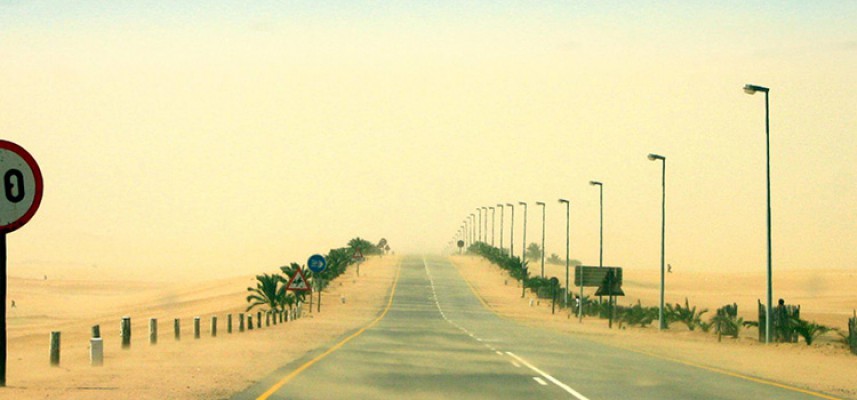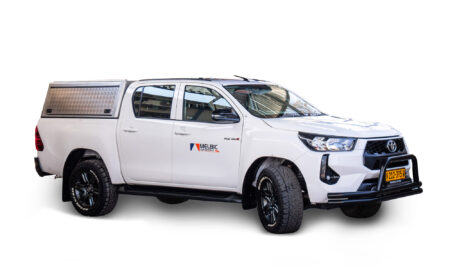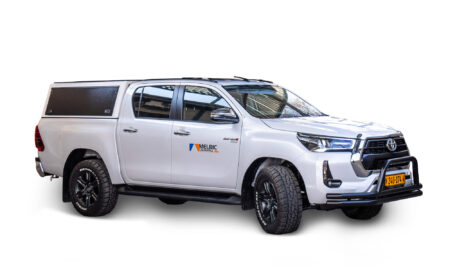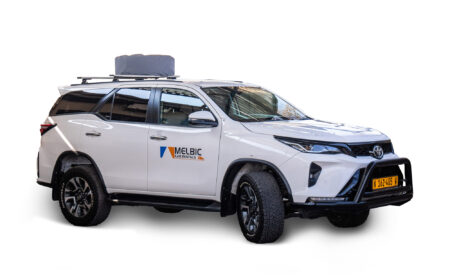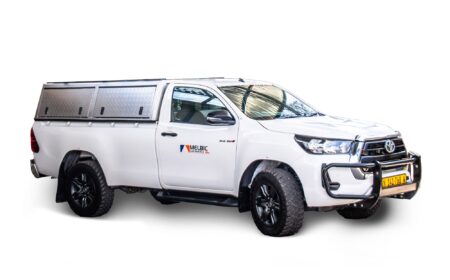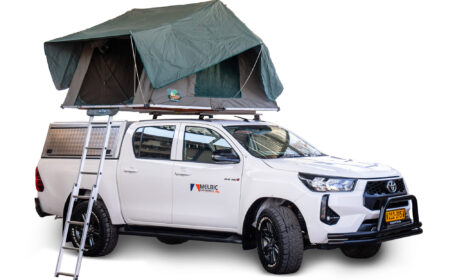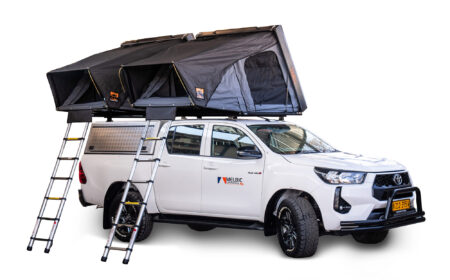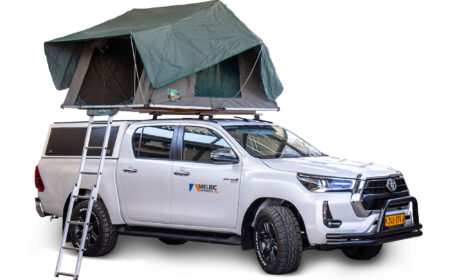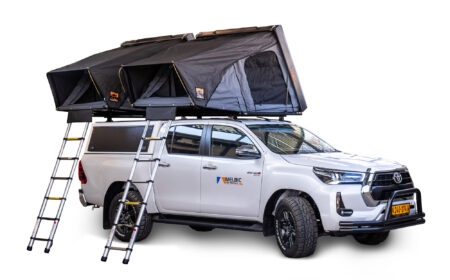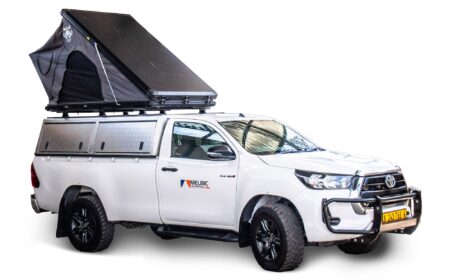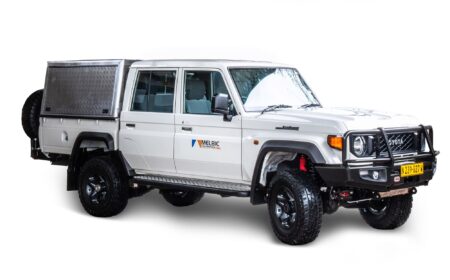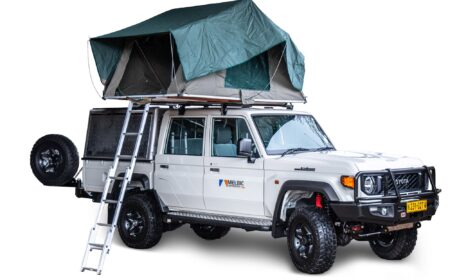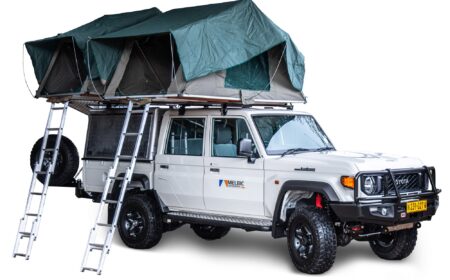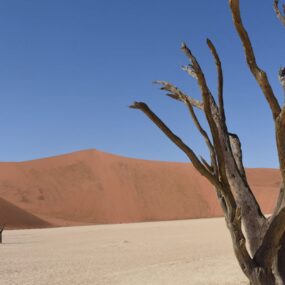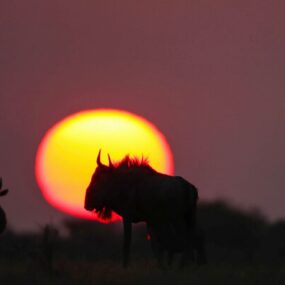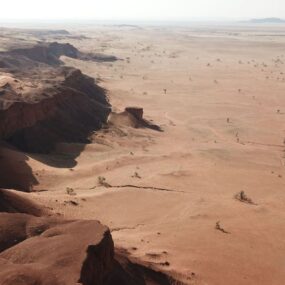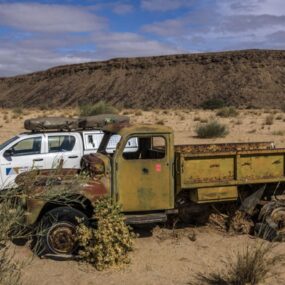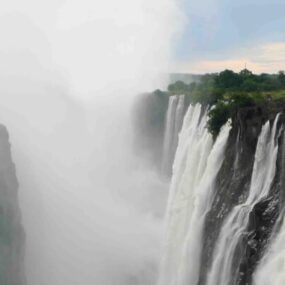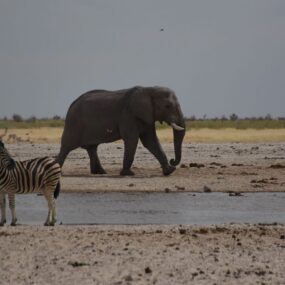1. Clothing and Personal Care
It is recommended to wear sun block at all times.
Bring a hat and sunglasses – Namibia has sunshine through out the year.
As Namibia has a typical semi-dessert climate with hot days and cool nights, warm clothing is necessary no matter what part of Namibia is visited.
When visiting during the summer it is advisable to pack cotton clothing.
Points for electric shavers (electric current 250VAC) are available at most hotels, rest-camps and resorts
2. Fire Arms
Hand guns are not permitted in Namibia
Declare all firearms and ammunition irrespective of where the permit was obtained
3. Malaria Prevention
Northern Namibia is a Malaria-endemic zone. Traveler’s should have the necessary medication/prophylaxis, insect repellent lotions or sprays.
It is advisable to sleep under a mosquito net at night when visiting Northern Namibia
If windows and doors are not screened with mosquito netting, keep the windows and doors closed.
4. Photographer Tips
Keep film / batteries / SD cards in a cool box especially while traveling.
It is advisable to have all lenses fitted with UV or have filters due to harsh light.
5. Safety
When traveling by road keep your vehicle locked at all times.
Visible articles in the car should be placed out of sight so as not to tempt petty “thieves”.
Lock valuables in a safe place
Be aware of handbag snatchers, pick pockets or suspicious looking persons.
Extreme caution should be exercised when considering bathing in African rivers. Most rivers carry the Bilharzia patho-gene and harbour dangerous crocodiles and hippos.
6. Road Travel
Petrol stations are available throughout Namibia and are located approximately 250 km apart. However, they do not accept credit cards as a form of payment for petrol. Ensure that you have cash (N$/SAR).
Traffic in Namibia is left-hand driven as United Kingdom.
Use of seat belts in Namibia is compulsory.
It is advisable not to drive at night because wild animals become more active at sunset and sunrise.
Switch on the headlights of your vehicle to be more visible in dusty conditions on the road.
Permits must be obtained when traveling to National Parks or Game Reserves.
7. Water Use
Water is Namibia’s scarcest commodity. Tourists can contribute positively to water-saving efforts.
Where possible take a shower rather than a bath.
It is illegal to wash a car using a hosepipe. Use a bucket of water and cloth instead.
Minimize on leaving water running while shaving, brushing teeth or washing hands.
Tap water is drinkable in Namibia unless you are advised otherwise concerning a particular location.
When traveling by road ensure you have adequate drinking water.


